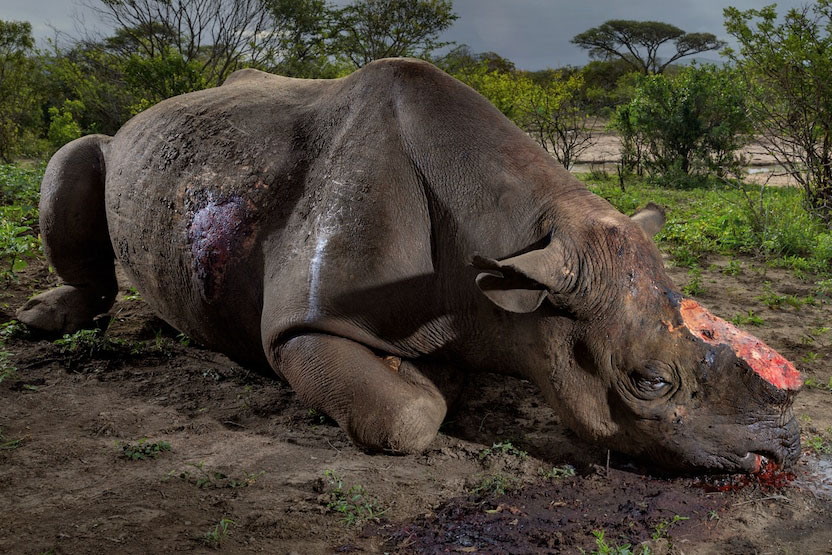
South African authorities announced the arrest of six individuals, including well-known environmental activist John Hume, following a seven-year investigation led by the Hawks, the country’s specialized organized crime unit. The probe uncovered an international network involved in smuggling rhino horns to Southeast Asian countries.
According to the National Prosecuting Authority, the group used falsified permits intended for domestic trade to obtain around 964 horns—equivalent to nearly 15% of the entire southern white rhino population—before trafficking them abroad.
The accused appeared before the Pretoria Magistrate’s Court, facing multiple charges including fraud, theft, money laundering, violations of the National Biodiversity Act, and organized crime-related offenses.
John Hume was released on bail of 100,000 rand (approximately 5,400 US dollars), while bail for the other defendants ranged between 2,000 and 10,000 rand (110 to 540 US dollars), under strict legal conditions. Court proceedings are scheduled to resume on December 9, 2025, as investigations continue.
Hume had previously stirred controversy in 2017 when he launched an online auction to sell rhino horns, arguing that regulated legal trade could help curb poaching.
In 2023, he sold his 7,800-hectare Platinum Rhino Reserve to the conservation organization African Parks, a move some observers saw as a retreat from his earlier stance.
Despite the reopening of South Africa’s domestic rhino horn market that same year, international trade remains banned under the CITES Convention.
In his first official reaction, Environment Minister Dion George described the arrests as a “decisive victory in South Africa’s fight against transnational environmental crime”, stressing the government’s commitment to protecting biodiversity and enforcing the law rigorously.
These developments come amid growing global concern over environmental crimes. In 2024 alone, 516 rhinos were killed across Africa, underscoring the urgent need to strengthen anti-trafficking measures and safeguard wildlife from accelerating depletion.



Comment